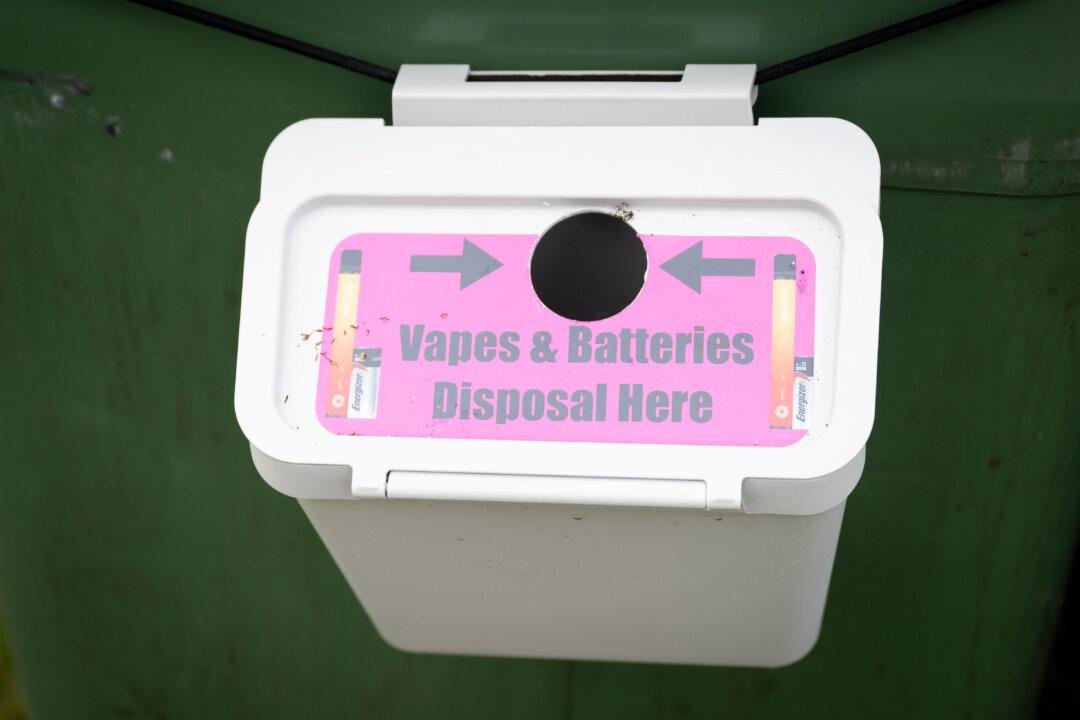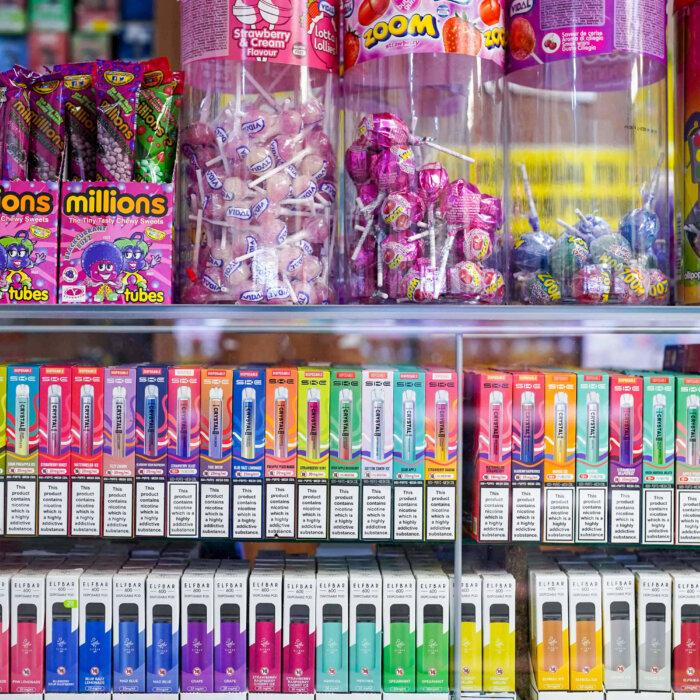Online marketplaces will partially cover the costs of recycling waste electricals placed on the UK market by overseas sellers, the government has announced.
The new requirements aim to “level the playing field for UK retailers,” which already pay to cover the costs of recycling, the Department for Environment, Food, and Rural Affairs (DEFRA) said on Tuesday.
Online marketplaces will be required to join an approved waste electrical and electronic equipment (WEEE) scheme and pay a registration fee. They will have to report to the Environment Agency on the weight of equipment placed into the UK market by their overseas sellers.
The regulator will use the data to calculate the financial contribution the online marketplace will make towards the costs of collection and treatment of waste electricals that are collected by local authorities and returned to retailers.
Currently, UK-based firms are responsible for shouldering the majority of WEEE collection and processing.
The government said that given that 100,000 tonnes of household electricals are binned in Britain every year, the new regulations will reduce the financial burden on UK-based retailers.
Responding to the announcement, Amazon told The Epoch Times it is committed to minimising waste and helping its customers to reuse, repair, and recycle their products.
“We provide a range of options through the Amazon Second Chance website, and customers can recycle electronics through Amazon Trade-In and home collection services on our Amazon Recycling website. We also work closely with many major repair partners like GXO ServiceTech to repair and refurbish thousands of electronic products to help give them a second life,” the Amazon spokesperson said.
The CEO of British electrical retailer and aftercare service provider Currys, Alex Baldock, welcomed the new measures.
“We believe that if you sell something, this comes with a commitment to help keep it working, and then to recycle it responsibly when it reaches the end of its life. We continue to do everything we can to give tech a longer life, but there are many who don’t,” he said in the government announcement.
Vapes
The UK regulates electrical waste through the Waste Electrical and Electronic Equipment (WEEE) Regulations 2013, which mandate the recovery, reuse, and recycling of electrical and electronic equipment.These regulations cover a broad range of equipment categories, including large household appliances, IT and telecommunications equipment, and consumer electronics. Under new proposals, WEEE reporting obligations will be changed to include a new category for vapes.
According to the non-profit organisation Material Focus, nearly 5 million vapes are either littered or thrown away in general waste every week in the UK.
The cost of collecting and recycling these vapes has been estimated to reach £200 million, which Material Focus said isn’t being paid by vape producers, importers, and retailers.
The UK’s minister for circular economy Mary Creagh said: “Electrical equipment like vapes are being sold in the UK by producers who are failing to pay their fair share when recycling and reusing of dealing with old or broken items.
“Today we’re ending this: creating a level playing field for all producers of electronics, to ensure fairness and fund the cost of the treatment of waste electricals.”
Throwaway Society
The new requirements for online marketplaces will help clamp down on waste and end the “throwaway society,” Creagh said.Under the EPR initiative, led by DEFRA, companies responsible for packaging will be charged fees, while also bearing the costs of commercial waste disposal.
In light of industry feedback and economic considerations, DEFRA has postponed the EPR fee implementation by a year, and it is now slated to commence in October 2025.
The government has defended its EPR initiative and said that alongside the Deposit Return Scheme to reduce littering of single-use drinks containers, it will “end the nation’s throwaway culture.”







